Rieder’s Richter Scale: Duncan Scott and Regan Smith Provide Jaw-Dropping Gwangju Sendoff
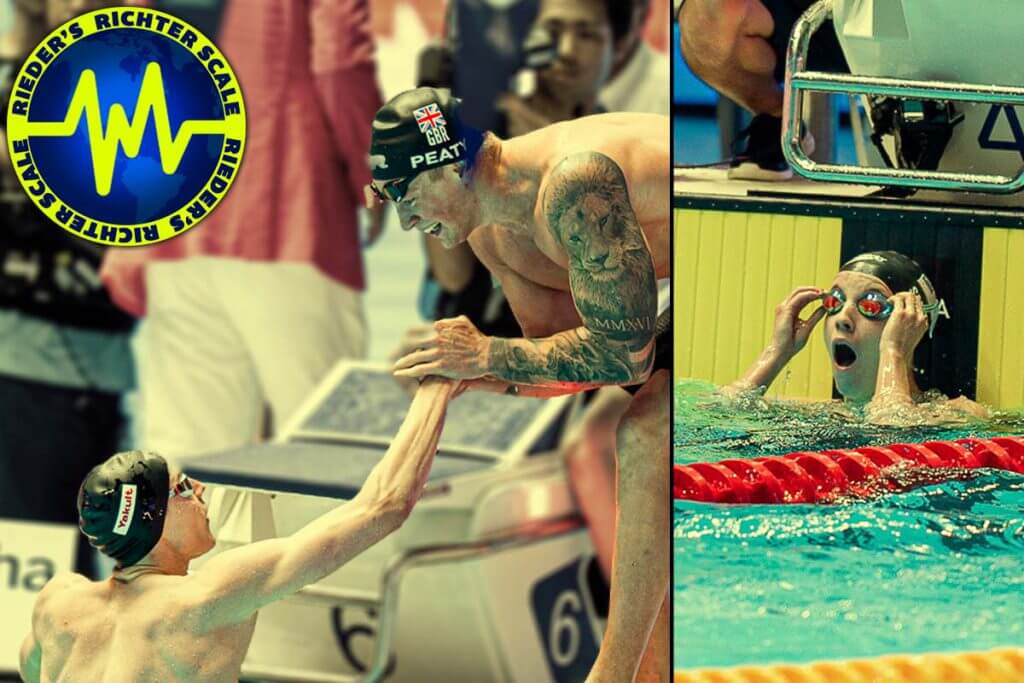
Editorial content for the 2019 World Championships coverage is sponsored by FORM Swim Goggles.
See full event coverage.
Follow FORM on Instagram at @FORMSwim #swimwithform

Each day during the FINA World Swimming Championships, Swimming World will present “Rieder’s Richter Scale,” an analysis of the impact of each swimming final on the sport’s wider landscape: “1” indicates just a minor tremor, while a “10” means a race brought massive upheaval. Duncan Scott, Regan Smith
Nathan Adrian went into the water with a full-second lead that Caeleb Dressel had built over Russia and Great Britain. Surely, at that point, he would hold on, as he so often had. In fact, at each of the five previous World Championships and the last two Olympics, Adrian had anchored the U.S. men’s 4×100 medley relay, and he had touched first every time (including 2013, when the U.S. would later be disqualified for a false start).
But not this time. Perhaps his whirlwind year, which included putting swimming completely on hold to treat testicular cancer, was catching up to him. Adrian ended up splitting 47.60, well off his 47.08 anchor split from the 4×100 free relay a week earlier. And one lane over, 22-year-old Briton Duncan Scott put together what can best be described as an out-of-body experience.
Scott has been as fast as 47.87 this year in the 100 free. He was the Commonwealth Games gold medalist and European Championships silver medalist last year. But he thought so little of his 100 free that he scratched the event in Gwangju to focus on the 200 IM, where he ended up fifth.
Of course, Scott has received most of his attention this week for what happened after the 200 free, when he refused to stand on the podium and pose for photos with Sun Yang after tying for bronze. But he has come through on relays, leading off Great Britain’s 4×200 freestyle squad in 1:44.91, faster than Sun’s gold medal-winning time from the individual 200 free.
But nothing indicated what would happen in his final race of the meet, when he dove into the water to anchor Britain’s medley relay in third place, more than a second behind the Americans, and split 46.14. Yes, 46.14. Not a typo. That’s the second-fastest relay split ever, behind Jason Lezak’s legendary 46.06 from the 2008 Beijing Olympics.
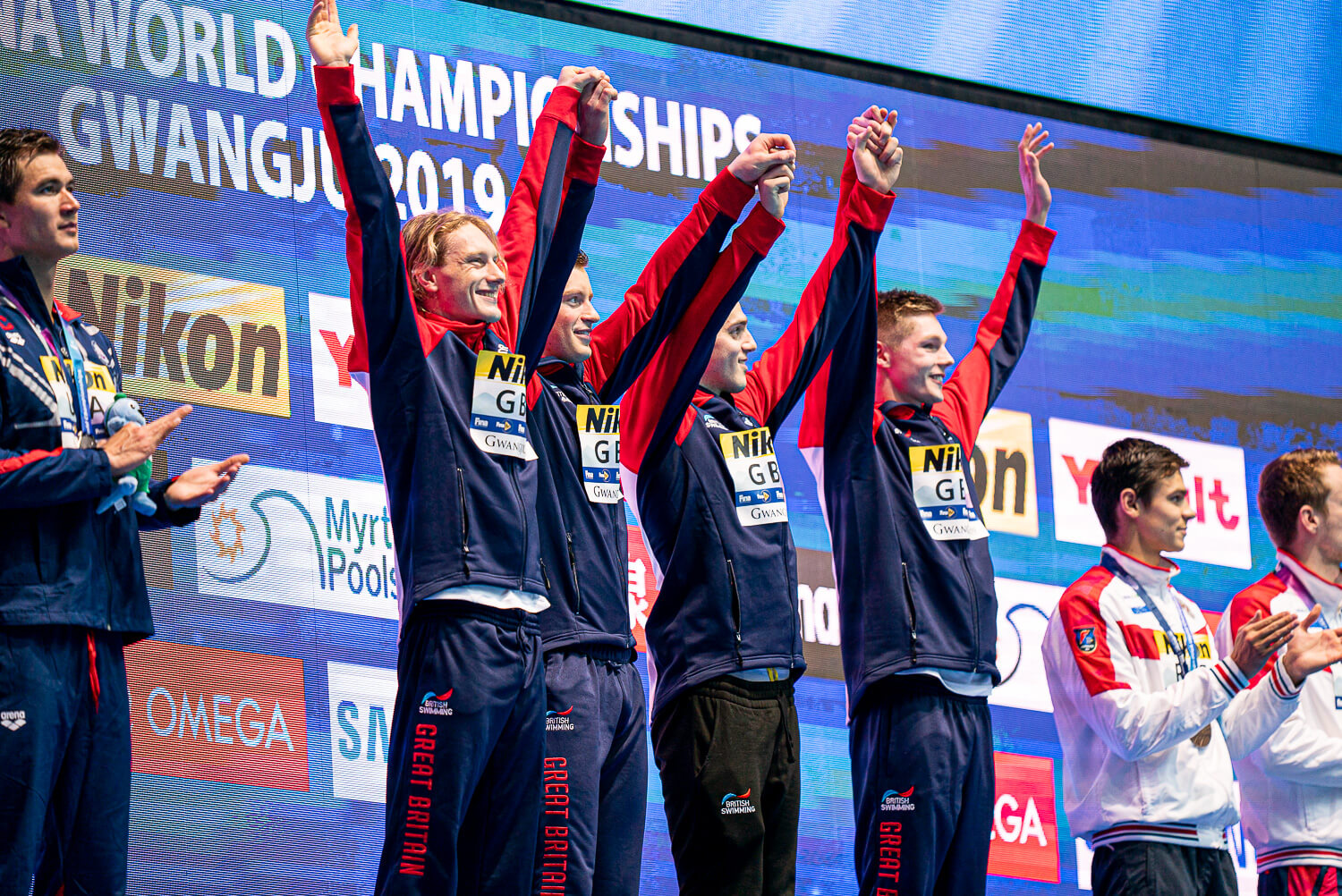
Luke Greenbank, Adam Peaty, James Guy and Duncan Scott celebrate their 4×100 medley relay gold medal — Photo Courtesy: Becca Wyant
That earned Great Britain a gold medal. For several years, Adam Peaty has posted monster breaststroke splits on these relays, only to see his efforts not paid off in full as his teammates haven’t been able to keep pace down the stretch. Not this time, as Peaty put out a 57.20 breast split that is solid but far short of his best, only for Scott to finish the job.
What now? For Scott, we have to wonder what he’s truly capable of, perhaps far more than a finalist-level swimmer in the 100 free, 200 free and 200 IM. And as for the Americans, they were left to scratch their heads after a week full of missed opportunities.
In a post-race television interview with NBC, Adrian said that no, even if Scott split 46.14, that didn’t take away the sting of losing the gold medal at the very end. Dressel said the blame for the loss should go all the way around, but he did his job with a 49.28 fly split, the fastest in history. Finally, backstroker Ryan Murphy, who led off in a disappointing 52.92, fell on the sword.
“There are a lot of people who are really ticked off back there, a lot of people who are motivated for the next year. I’m one of those,” Murphy told NBC in a poolside television interview. “I’m very disappointed in my personal performances this week. I put that silver medal on me. I need to be a lot better in the upcoming year, and I’m going to be better.”
The U.S. men this week won just seven individual medals, Dressel’s four golds, plus Murphy’s silver in the 200 back, Jay Litherland’s silver in the 400 IM and Chase Kalisz’s bronze in the 200 IM. In relays, the Americans took home just one gold and two silver, with losses to a resurgent Australia in the 4×200 free and another here to Great Britain.
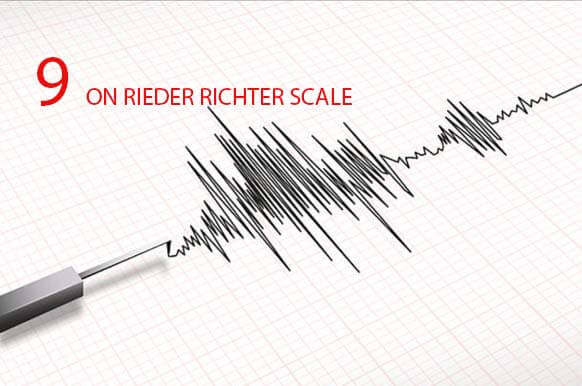
They expect better, and they have sights set on showing that at the Tokyo Olympics. While Dressel became the first man to ever win eight total medals at a World Championships, with six of them gold, the struggles of the other U.S. men should be a prominent storyline over the next 12 months.
For Scott’s sublime finish that left the American men scratching their heads, that earns a 9 on the Richter scale.
After five days of swimming at the World Championships, Regan Smith had yet to compete in anything. Since then, as NBC OlympicTalk’s Nick Zaccardi pointed out, she has swum two races and broken three world records.
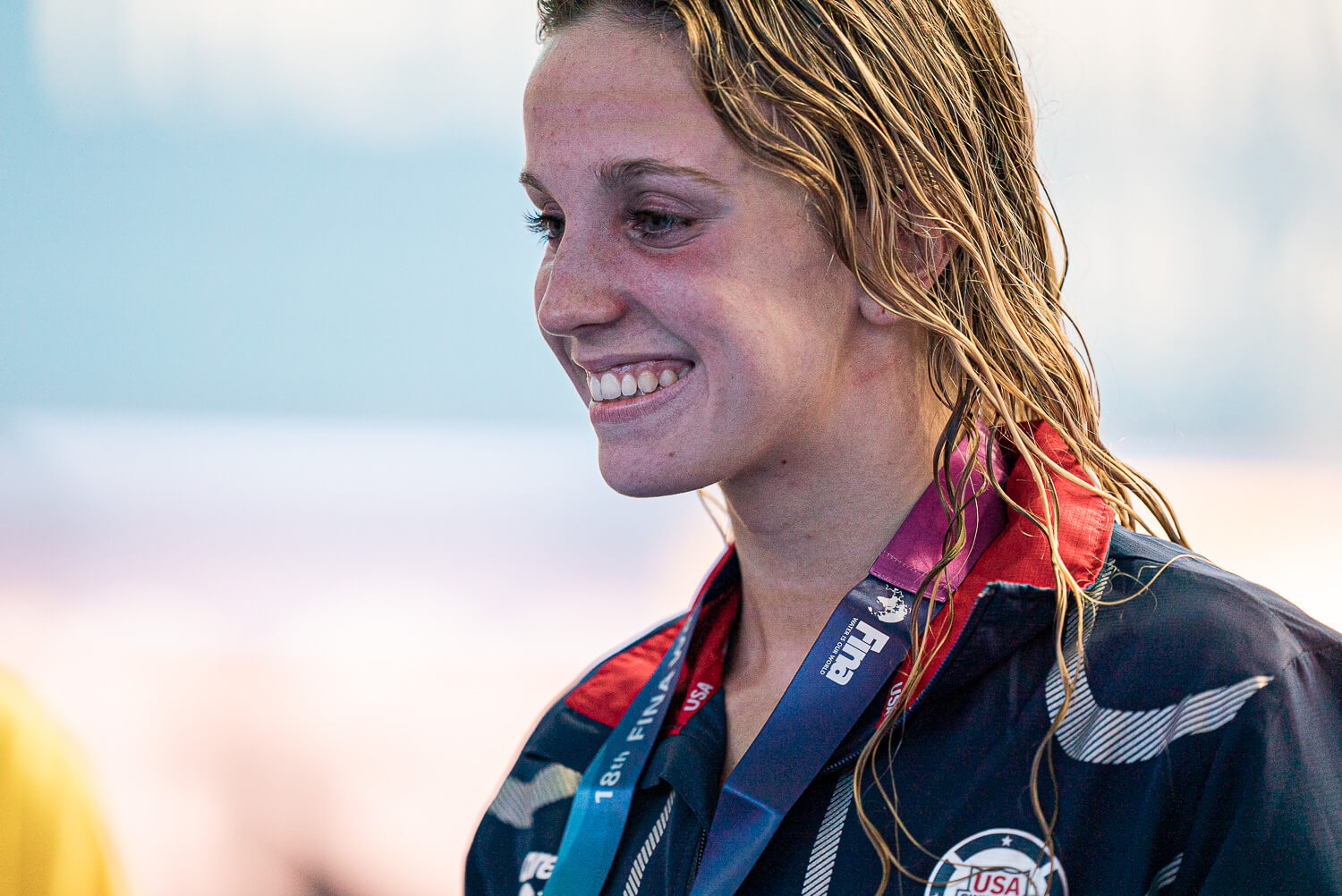
Regan Smith — Photo Courtesy: Becca Wyant
To follow up her world record and world title in the 200 back, Smith opened up an utterly dominant performance by the U.S. women in the 4×100 medley relay with a world record in the 100 back, her 57.57 annihilating the previous 58.00 that Kathleen Baker set exactly one year earlier. Smith was racing Kylie Masse, the two-time world champion in the 100 back, and Minna Atherton, who took silver in the 100 back this week, and she beat both of them by a second and a half.
Over the past decade, the 100 back record had been relatively stagnant. Since Gemma Spofforth lowered the mark to 58.12 during the shiny suit era of 2009, Masse had nibbled off two hundredths, and Baker has chipped off another tenth. Smith just clobbered the record by more than four tenths.
The world has been in awe of Smith’s backstroke accomplishments over the past three days, and so have the women who joined Smith on the medley relay.
“I was telling her before we went out that I was mad I’m swimming breaststroke because I wanted to see her split, but there’s nothing better than diving in a body length ahead already,” breaststroker Lilly King said. “I’m super proud of her.”
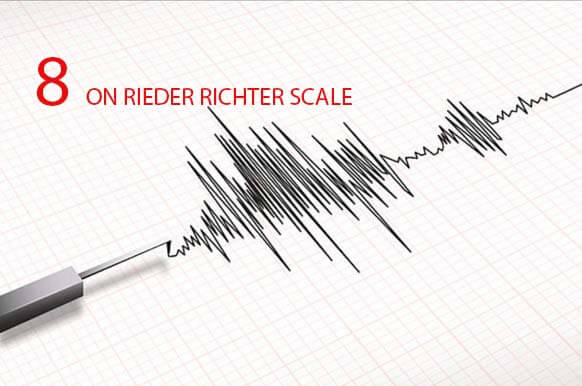
Butterflyer Kelsi Dahlia added, “I had the privilege of being her roommate and she is so young but she already has so much experience and she carries herself so well and is so confident in her own decisions and her training.”
Smith’s story for this year is far from done, as she will head straight from Korea to California for U.S. Nationals. For now, after two more world records, hardly a surprise after the 2:03 speed in the 200 backstroke but no less excellent, Smith gets an 8.
Over the past two years, Sarah Sjostrom swam under 24 seconds in the 50 free on a whopping eight separate occasions. Cate Campbell went sub-24 four times, and Pernille Blume accomplished that feat thrice.
Simone Manuel, meanwhile, has broken 24 exactly one time ever, when she swam 23.97 to win bronze at the 2017 World Championships. She was a bit slower in Gwangju, with a final time of 24.05—and that turned out to be enough to win a gold medal.
Coming into the meet, the idea that Manuel could win a single individual gold, let alone two, seemed incredibly far-fetched given the dominance that both Sjostrom and Campbell have showed in the sprint events over the past two years. But that’s exactly what happened. Maybe it’s because Sjostrom and Campbell were exhausted from busy racing programs, or perhaps Manuel just knows how to show up and race in the biggest moments.
Halfway through the meet, when the U.S. was mired in its big slump, Campbell out-split Manuel 51.10 to 52.37 to steal away gold for Australia by two hundredths in the mixed 4×100 medley relay. After that, a switch flipped, beginning with Manuel’s surprising win in the 100 free. And when Manuel and Campbell again swam anchor legs on the women’s 4×100 medley relay, Manuel ended up with the slightly quicker split (51.86 to 51.96).
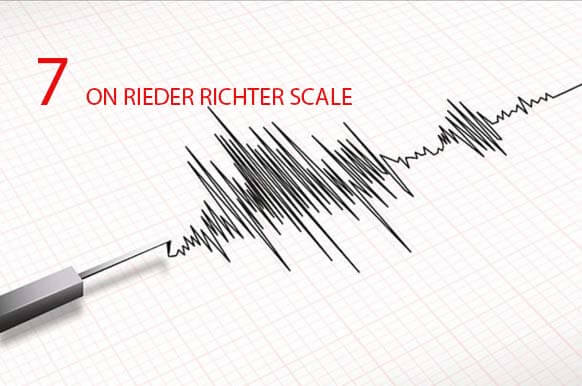
Manuel finished the meet with four gold medals, plus three relay silvers. While on six different occasions, a male swimmer has won seven (or more) medals at a World Championships, Manuel becomes the first female to do so. While the American men never got going in Gwangju, the women did, in large part due to the bookend legs of that medley relay, Smith and Manuel.
Clutch racing and a massive medal haul earns Manuel a 7 on the Richter scale.
Meanwhile, in far more anticipated results, both Daiya Seto and Katinka Hosszu added golds in the 400 IM to their earlier triumphs in the 200 IM. Hosszu’s fourth straight 400 IM gold came without much drama, but the two Americans made for some interest in the men’s 400 IM, particularly when reigning world champion Chase Kalisz flamed out in the heats and ended up 10th.
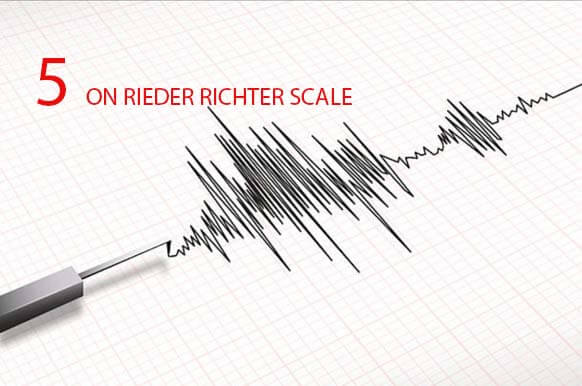
In his stead, Jay Litherland swam the best race he ever has in the final. Litherland is best known for storming past Ryan Lochte on the freestyle leg to claim an Olympic spot in the 400 IM back in 2016, and he nearly pulled the same comeback on Seto. Litherland turned at the 300 a full 3.34 seconds behind Seto, only to out-split the Japanese veteran 56.99 to 1:00.06 over the final 100 meters and come in just 0.27 behind for silver.
Litherland closed so hard that, if the race was a 405-meter IM, he probably wins gold. But Seto got the job done, and he cemented his status as IM king for 2019. So he and Hosszu earn dual recordings of 5 on the Richter scale.
After a run from 2015 to 2017 as the clear-cut No. 1 man in the 1500 free, Gregorio Paltrinieri lost that title in 2018 when Florian Wellbrock and Mykhailo Romanchuk took him down at the European Championships. This year, Paltrinieri responded: He won his first-ever world title in the 800 free, and he swam four seconds quicker in the 1500 than he did in 2018—but it still wasn’t enough.
For the first 1400 meters, Wellbrock, Paltrinieri and Romanchuk engaged in a beautiful three-way race, none of them ever getting more than a few tenths ahead of behind of the others. But when it came time to switch gears, Wellbrock had the most fuel reserves left to turn to.
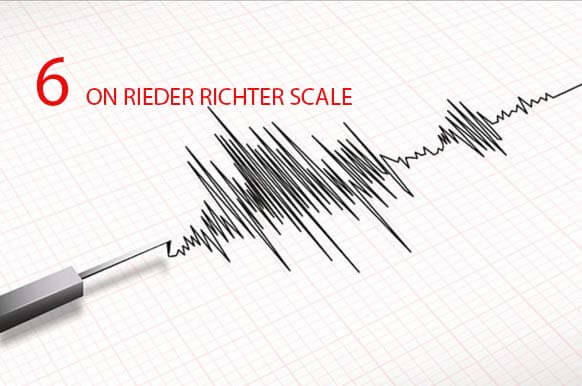
In an all-European eight-man final that contained six of the eight from last year’s European Championships, the order of finish for the top three was the same: Wellbrock, Romanchuk and then Paltrinieri. That means Wellbrock, the 22-year-old from Germany, will head into the Olympic year as the one to beat in both the 1500 and the 10k open water race.
For pulling the upset and cementing his name atop the status quo in the longest races offered, Wellbrock records a 6.
Read more about the FINA World Swimming Championships. Duncan Scott, Regan Smith
.jpg)

- 2017 WORLD CHAMPIONSHIPS
- OFFICIAL MEET PAGE
- WATCH RACE VIDEOS
- LIVE STREAM
- DAY 1 SWIMMING RESULTS
- DAY 2 SWIMMING RESULTS
- DAY 3 SWIMMING RESULTS
- DAY 4 SWIMMING RESULTS
- DAY 5 SWIMMING REULTS
- DAY 6 SWIMMING RESULTS
- DAY 7 SWIMMING RESULTS
- DAY 8 SWIMMING RESULTS
- RESULTS FOR ALL AQUATIC SPORTS
- DAY 8 PRELIMS HEAT SHEETS
- DAY 8 FINALS START LISTS
- FORM Swim for Coaches
- FORM Swim Sponsorships
- FORM Swim Contests
- FORM Swim Media




Fell on the sword? This is just like with Katie Ledecky losing the 400 free. Why can’t all parties just admit the better swimmer(s) won and move on?
Reider scale is pretty tough David!
So Adrian didn’t touch first on the relay like everyone expected him to. So Great Britain won the gold. Does that mean we focus on the fact the relay ended in second place and not on top? Won silver and not gold? Listen, Nathan was being TREATED FOR CANCER folks. Stop the pressure already! I can assure you that every American swimmer at Worlds put enough pressure on themselves from the get-go.